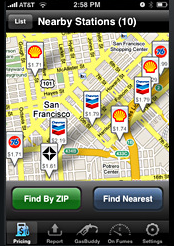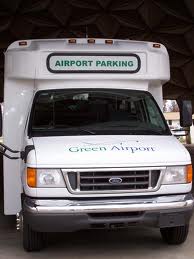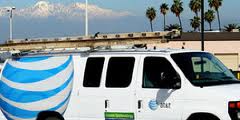- December 20th, 2010
- Jackson Parker
Fleet GPS Tracking Helps Keep Roads Clear and Safe This Winter
There has been record snow fall in many parts of the US this winter. Right now in California, there is record rainfall which means accidents, landslides, flooding, etc. Driving in winter can be quite a challenge. Harsh winter driving conditions are especially challenging for those responsible for keeping the roads clear and safe. Municipalities and snow removal companies are working long and hard to clear away the water, ice and white blankets of snow that inevitably slow down drivers during the busy holiday season.
The equipment and vehicles used to remove snow are now equipped with GPS fleet tracking devices. With the help of the fleet tracking system, the roads can be cleared much quicker. The GPS tracking can show the exact location of the road cleaning equipment in real-time. The system can monitor the position of the equipment from anywhere with an internet connection, allowing managers to visually dispatch their fleet without having to be on site.










